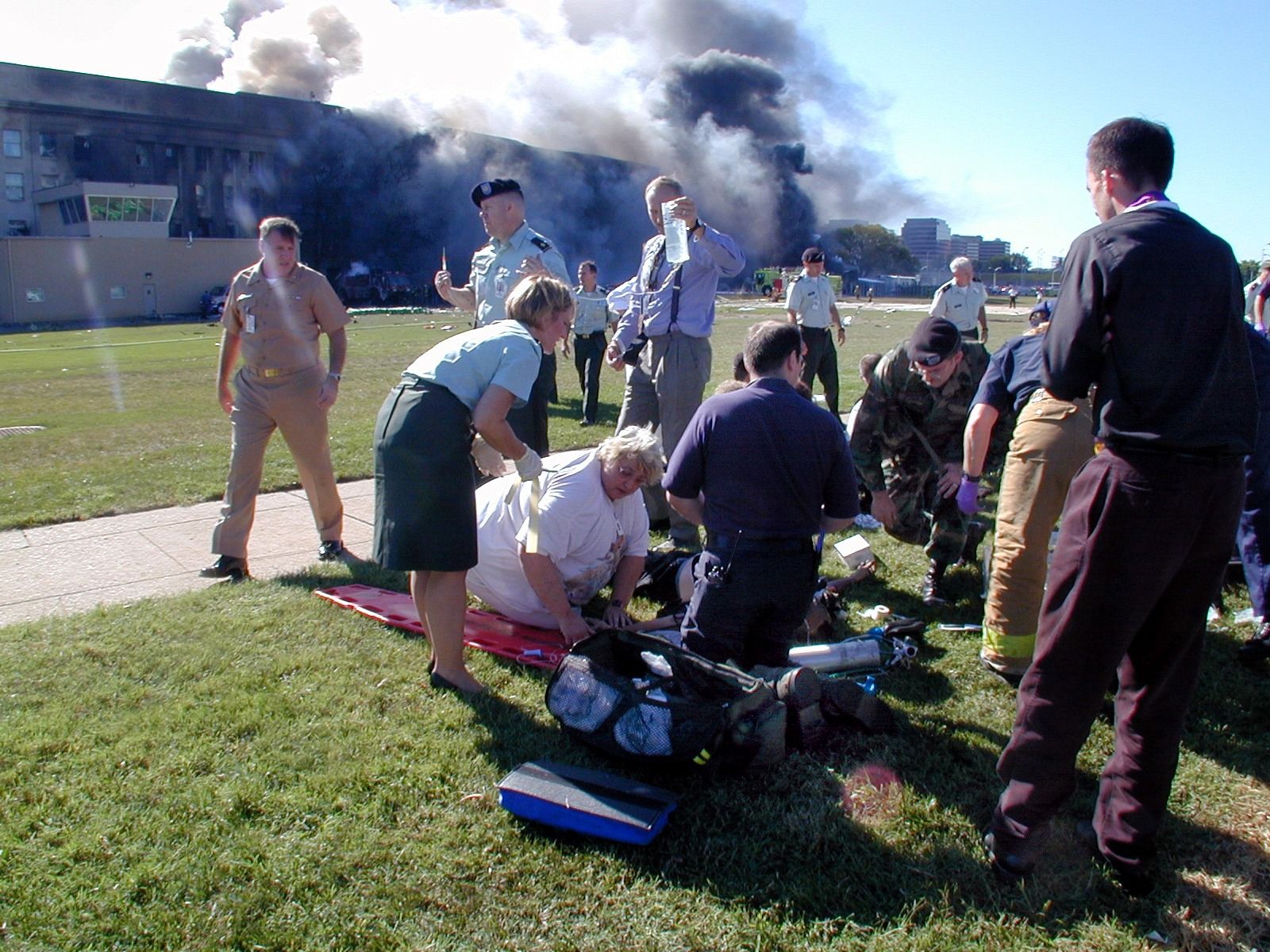If hospital regions want to drop the system that requires patients to call ahead for emergency room visits, Dansk Folkeparti (DF) believes they should be able to pull the plug. DF health spokesperson Liselott Blixt agreed with Carl Holst, the hospital regions’ chairperson, that it was time to drop the one-year-old program.
“I think it should be stopped,” Blixt told DR Nyheder. “There have been fatal errors and stories of people turning up for treatment who were told they had to call first.”
Too expensive
Holst recently said the call-ahead plan has not produced the desired drop in emergency room visits and has been a nuisance to the public. He plans to ask Nick Hækkerup, the health minister, for permission to permit regions to once again allow free access to emergency wards.
“We can see that the current program doesn’t work at all for some of the regions, but we continue to pour money into it,” Blixt said.
READ MORE: Hospital denied woman who didn’t call ahead
The telephone pre-diagnosis plan costs the Region Syddanmark hospital approximately 18 million kroner annually for nurses and doctors to maintain around-the-clock telephone lines.
The number of visits to the region’s emergency rooms and clinics fell by approximately 10 percent in the period 1 April 2014 to 1 January 2015 – a decrease that Blixt and Holst both say does not justify the cost of operating the program.















